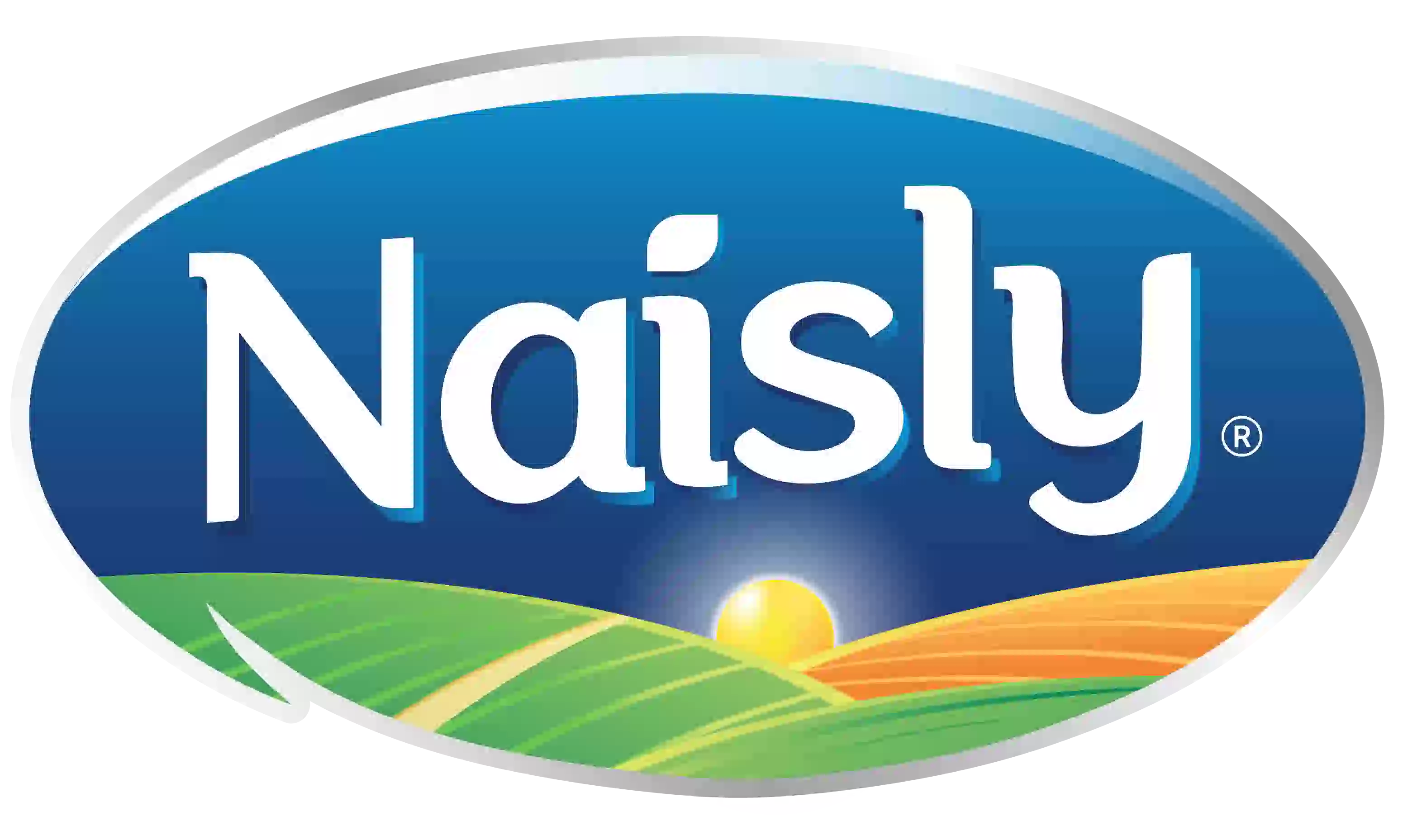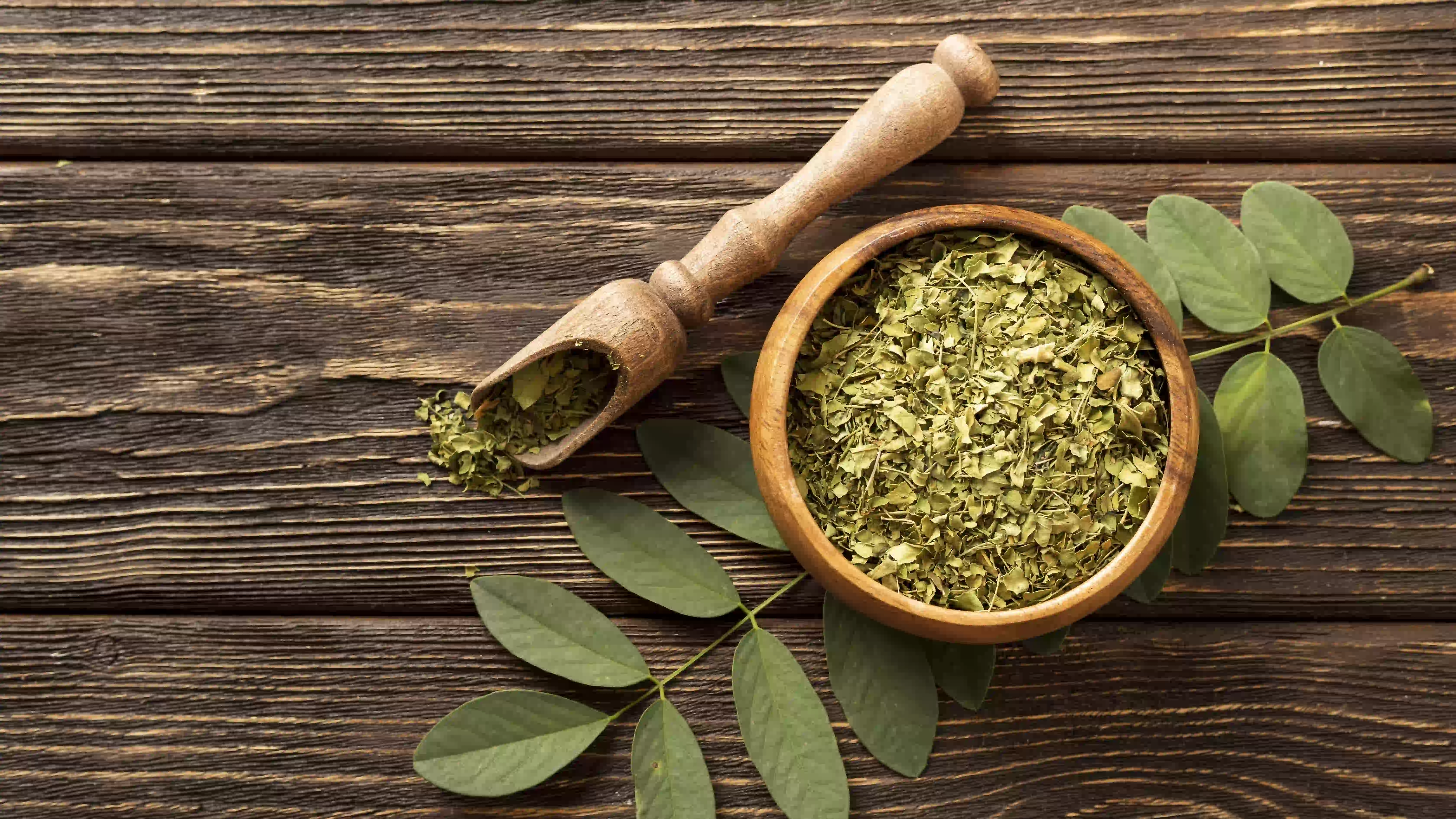Moringa leaves are one of the most popular plants in Indonesia. Many mystical beliefs surround this plant, especially regarding its health benefits. In Indonesia, Moringa leaves are often associated with myths passed down through generations. Some people even believe that these leaves have magical powers to ward off negative energy. However, the truth is that Moringa leaves offer a wide range of incredible health benefits for the body.
Let’s take a closer look at the amazing benefits of Moringa leaves that you may not know.
Nutritional Content of Moringa Leaves
Moringa (Moringa oleifera) thrives in tropical climates like Indonesia and many other tropical regions around the world. It’s known as a versatile plant because almost every part—roots, bark, and seeds—can be used. For centuries, Moringa has been used in traditional medicine for its health-boosting properties. Besides being rich in nutrients, Moringa also contains functional compounds that make it highly beneficial for overall wellness. These unique properties are the reason Moringa is becoming increasingly popular as an ingredient in food, supplements, and herbal products.
Among all parts of the plant, Moringa leaves are the most researched due to their outstanding nutritional content. They are packed with essential nutrients such as calcium for strong bones, iron to prevent anemia, protein for tissue repair, and vitamins A, B, and C for immune support, metabolism, and skin health. Thanks to this nutrient-rich profile, Moringa leaves are often called a natural superfood. They’re not only good for your health but also easy to incorporate into your diet in the form of tea, powder, capsules, or as an ingredient in healthy recipes.
Moringa Leaf Nutritional Composition (Fresh vs. Dried)
With such an impressive nutritional profile, it’s no wonder Moringa leaves are recognized as a superfood. They offer countless benefits, from boosting immunity and lowering cholesterol to helping prevent chronic diseases. Here are the top health benefits you need to know.
Top Health Benefits of Moringa Leaves
Often called a superfood, Moringa leaves have been extensively studied for their health benefits. From improving immunity to supporting brain function, here are the key benefits:
- Rich Source of Antioxidants
Moringa leaves are packed with antioxidants like vitamin C, beta-carotene, quercetin, and chlorogenic acid. These compounds fight free radicals that damage cells and cause chronic diseases. Regular consumption helps slow down aging and reduces the risk of degenerative conditions. - Helps Lower Cancer Risk
The high antioxidant content also plays a role in preventing cancer cell growth. Antioxidants neutralize free radicals that can trigger cell mutations leading to cancer. - Controls Blood Pressure
Nutrients such as potassium and magnesium in Moringa leaves help regulate blood pressure, which is crucial for heart health and reducing the risk of hypertension. - Boosts Immune System
The combination of vitamin C and iron strengthens your immune system, helping your body fight infections more effectively. - Supports Eye Health
Vitamin A in Moringa leaves promotes good vision, prevents dry eyes, and lowers the risk of eye disorders. - Reduces Inflammation
Moringa leaves contain anti-inflammatory compounds that help reduce swelling and pain caused by injuries or conditions like arthritis. - Promotes Healthy Skin and Hair
Vitamins C and E in Moringa leaves improve skin elasticity, prevent wrinkles, and keep your hair strong and shiny. - Improves Digestion
The fiber content aids digestion, prevents constipation, and maintains gut health. - A Plant-Based Protein Source
Moringa leaves are a great source of plant protein, making them ideal for vegetarians and vegans. - Strengthens Bones
Calcium and phosphorus help maintain bone density and prevent osteoporosis, especially in older adults. - Enhances Breast Milk Production
Studies show that consuming Moringa leaves can boost breast milk supply for nursing mothers, particularly between days 4–5 after giving birth to a premature baby. It also improves milk quality by increasing protein content. - Supports Brain Function
Antioxidants and bioactive compounds in Moringa reduce oxidative stress and inflammation in the brain. Its high protein content aids neurotransmitter production, improving mood, memory, and learning ability.
Conclusion
Moringa oleifera is more than just a plant surrounded by myths—it’s a powerhouse of nutrition. Packed with vitamins, minerals, protein, and antioxidants, Moringa leaves deserve their superfood status. Their health benefits include boosting immunity, lowering chronic disease risk, increasing breast milk production, and supporting brain health. When processed properly, Moringa leaves can be a practical and effective addition to your daily diet for a healthier lifestyle.
Sources:
- idntimes.com (5 Interesting Facts About Moringa Leaves: Myths and Benefits), accessed July 17, 2025
- Khasanah, R., Jumari, & Nurchayati, Y. (2023). Ethnobotany of Moringa Plants in Pemalang, Central Java. Jurnal Ilmu Lingkungan, 21(4), 870–880.
- Khazanah, W., Andriani, A., Hadi, A., & Miko, A. (2023). Education on Utilizing Moringa Leaves into Supplementary Food for Toddlers in Deunong Village, Aceh Besar. Jurnal PADE, 5(2), 86–90. https://doi.org/10.30867/pade.v5i2.1549
- tangerangkan.go.id (Benefits of Moringa Leaves), accessed July 17, 2025

